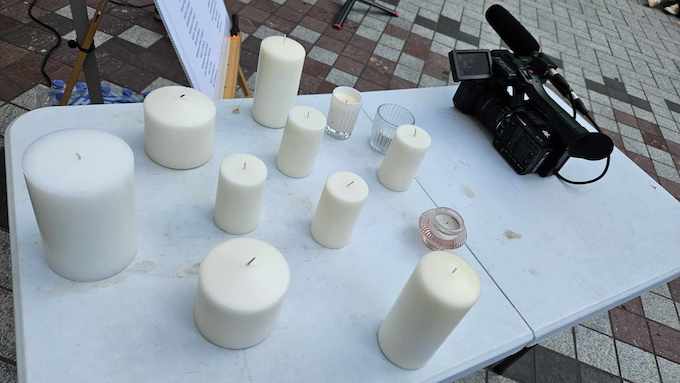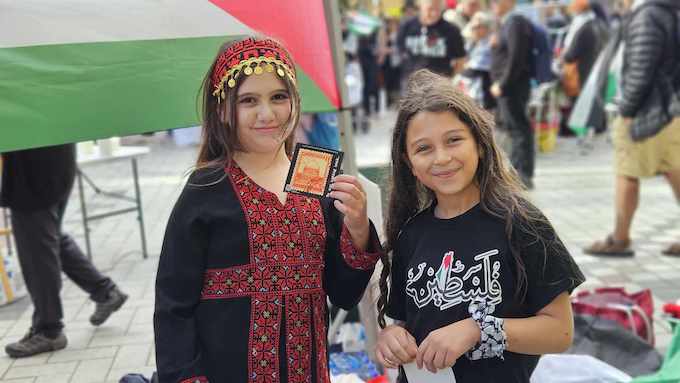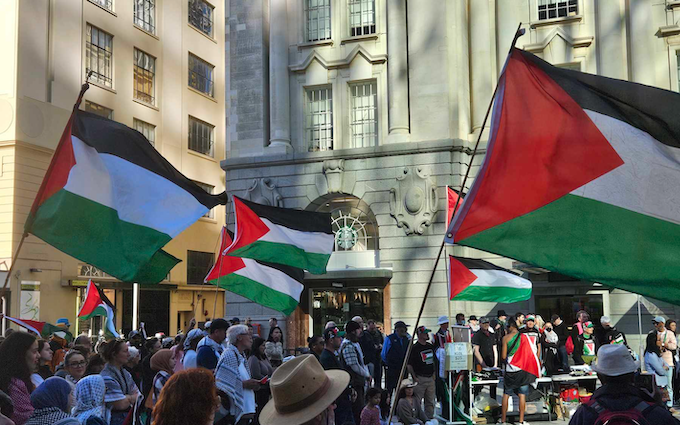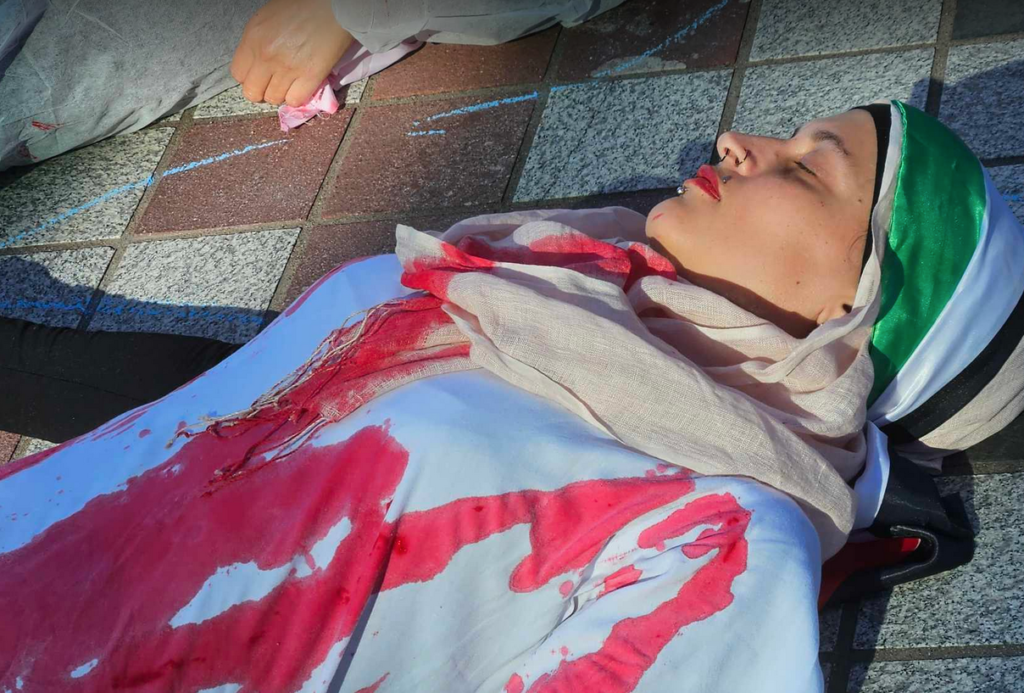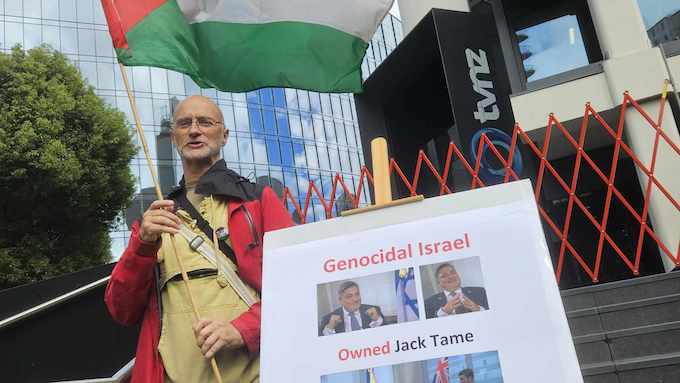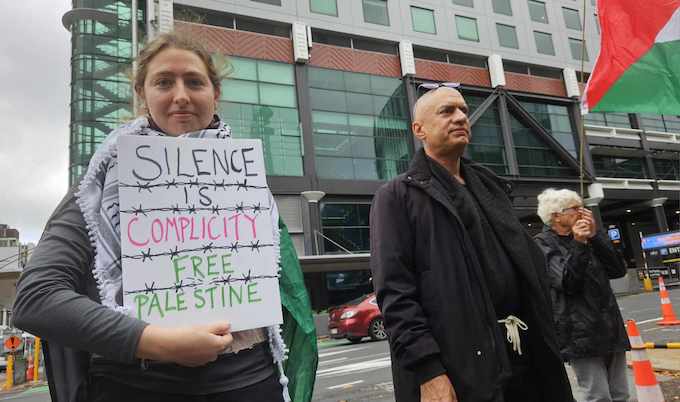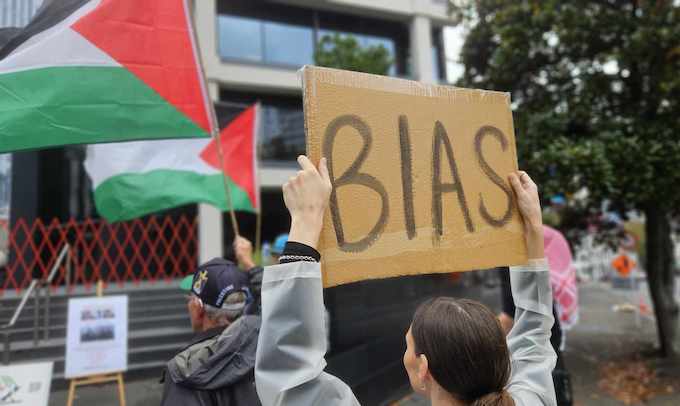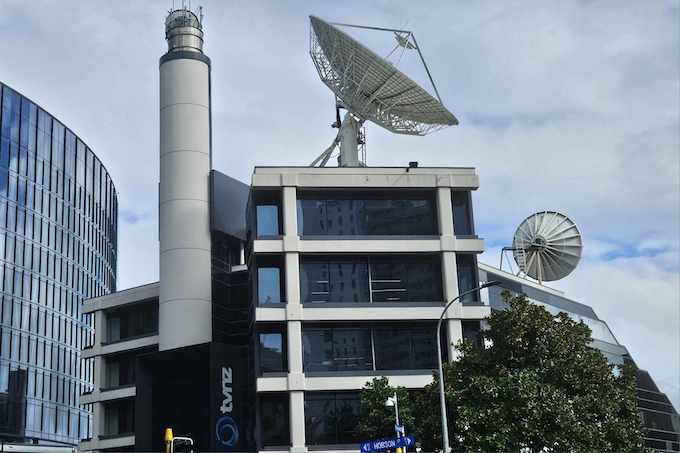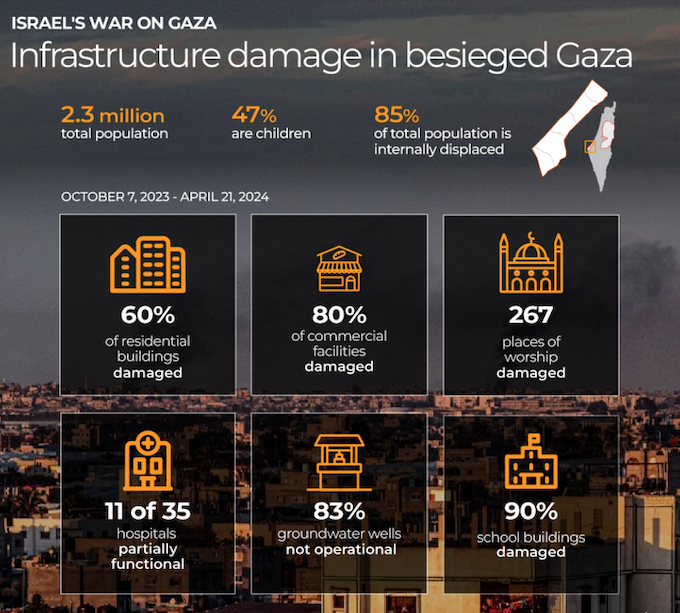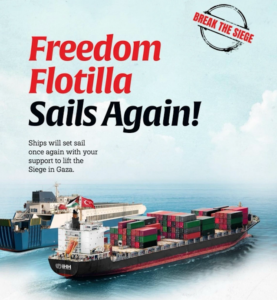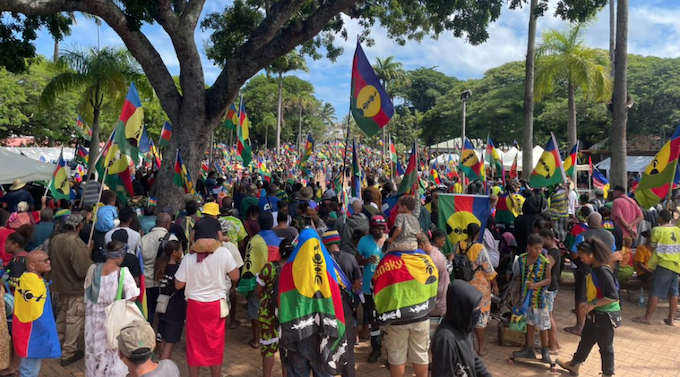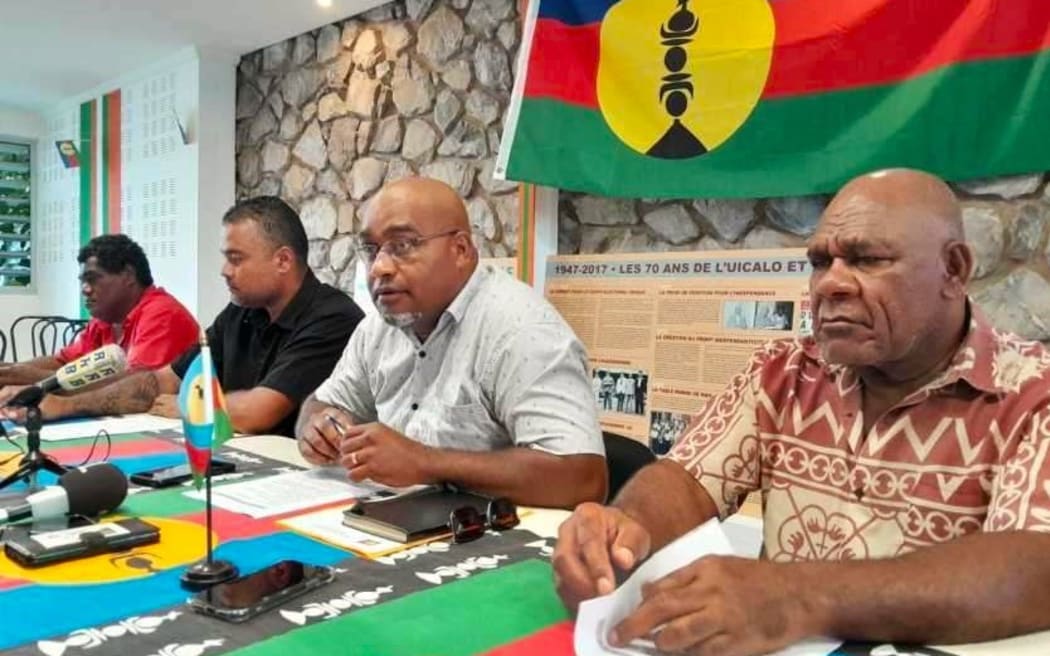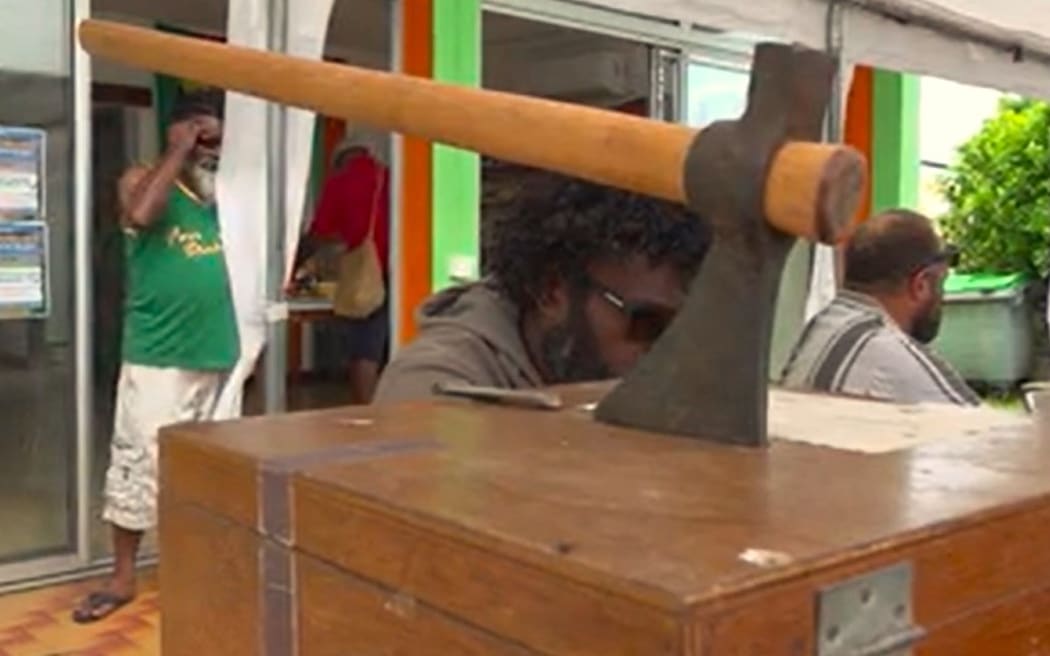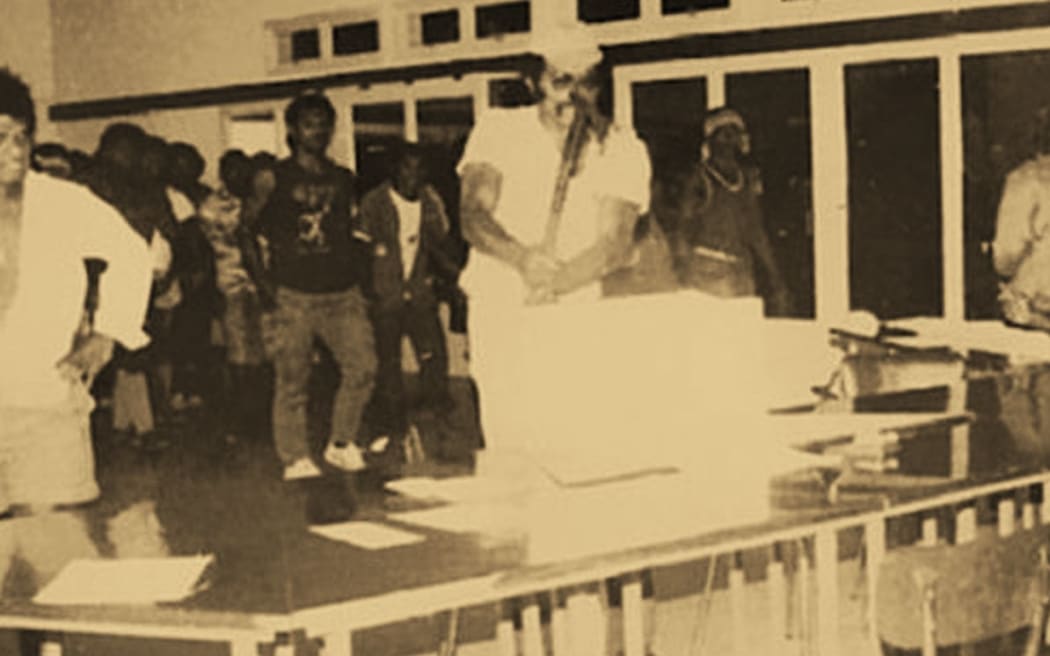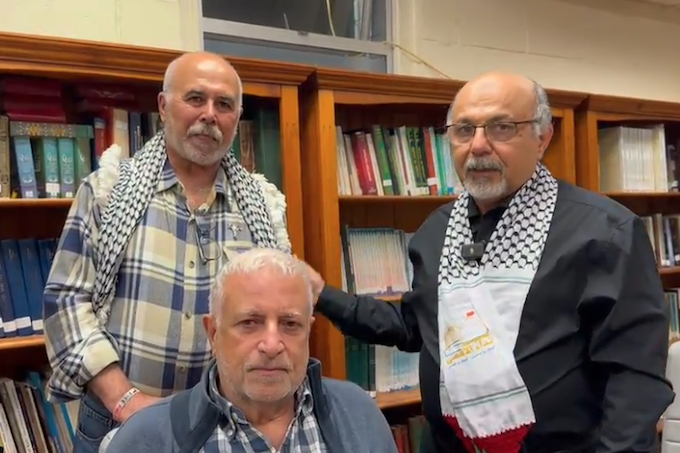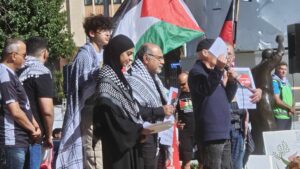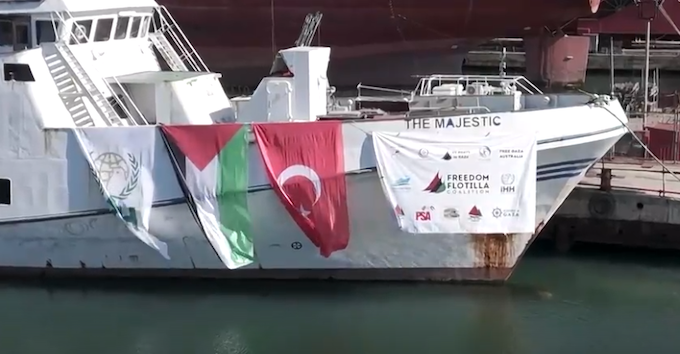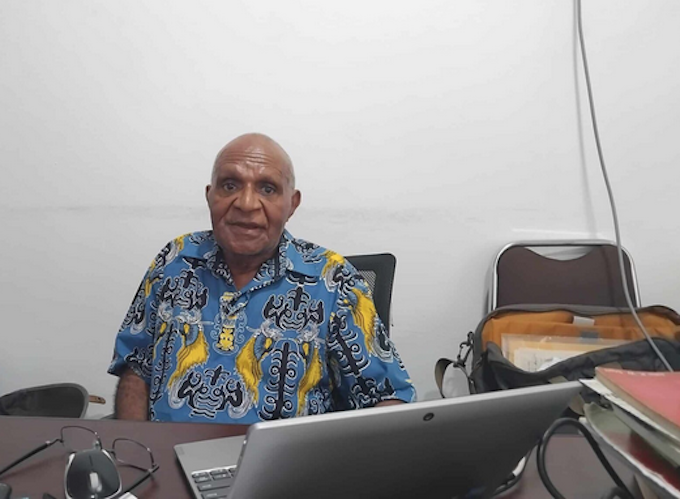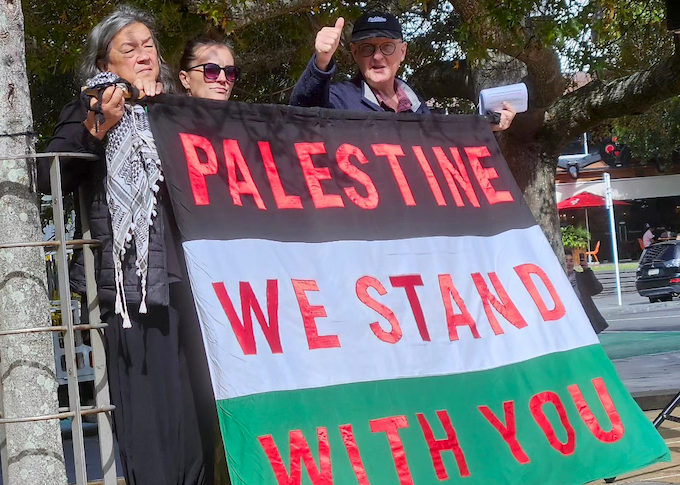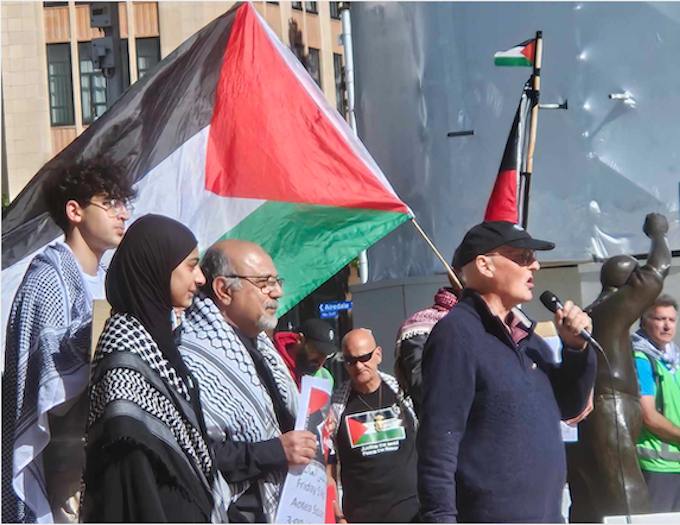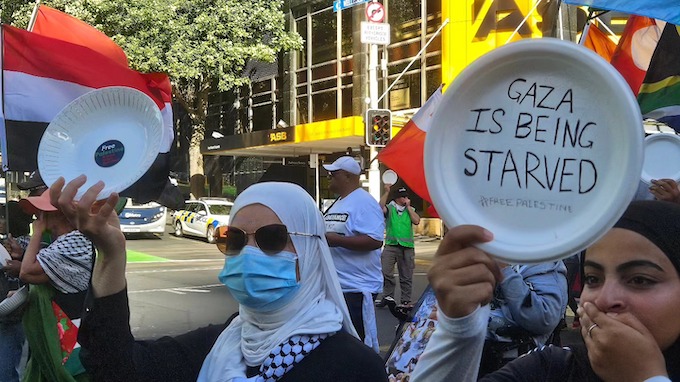The solution to the ‘crisis of masculinity’ sweeping the Western world is not only staring us in the face, writes Glenn Scott, but it’s also occasionally tucking us in at night.
A lot happened in 1975. The Vietnam war ended with the fall of Saigon. Margaret Thatcher was elected Prime Minister of Great Britain. Modern day Greece was established and Bruce Springsteen released Born To Run.
Closer to home, Papua New Guinea gained its independence. We had the dismissal of the Whitlam Government. Shannon Noll was born. And Graham Kennedy was pulled off air for his ‘Faaaaaaaarrrrrrrkkkkk’ crow call, which he delivered on live television.
By any standards, 1975 was a big year.
It was also the year my father had a brain tumour removed. He was 33-years-old. I was 5. Traumatic events mark everyone connected in a variety of unique ways. I’m going to tell you about one such indelible mark I carry as a result of my father’s health crisis.
To successfully remove the golf-ball sized tumour from my father’s brain, it was necessary to sever the auditory nerve on his left side. This resulted in the loss of hearing in his left ear and the loss of movement on the left side of his face.
Certainly, these are sacrifices I think any of us would accept in exchange for our life, however, they’re not insignificant losses and come with their own consequences and challenges.
My father not only lost half his hearing, but severing his auditory nerve also took away a significant portion of his sense of balance. For a passionate and genuinely talented sportsman (Dad played representative rugby league for Toowoomba and Brisbane under 21s), this was a particularly cruel twist.
Over the years, I have been aware of Dad’s quiet frustration when the expectations of his capabilities don’t match his actual, recalibrated abilities. Particularly when reminded he is not the sportsman he once was.
Dad will tell you, however, that losing hearing in his left ear has its hidden perks. He never has to listen to his family “carry on” in the car while he’s driving; with strategic seating choices he can always enjoy a relatively quiet time at social gatherings; and if he turns his left side towards you, your boring story is no longer a problem.
This, in particular, has given our family no end of amusement over the years; watching Dad, across a crowded room, politely not listen to someone.
Another possibly even more profound adjustment, was his loss of facial muscle control. This caused the left side of Dad’s face to take on a slight droop around his eye and mouth, with a general lack of tautness in his cheek and jowl.
When Dad talks to you he speaks from the right side of his mouth and will angle this side towards you. What this means for his emoting is that whatever emotion Dad’s face is attempting to display, only the right side gets the memo: the left remains unmoved.
Despite this, I can honestly say, I was never in any doubt as to whether my father was feeling positively or, ahem, negatively towards his son.
This altered face of my father’s is the face I have been looking to for most of my life. This is the face I have looked to for approval. The face I have looked to for help and advice, for love and support. The face I have laughed with over ‘The Good Show’ and ‘Hancock’s Half-Hour’ and the face I have cowered from when he was angry or upset.
This is the face I have watched, learned, loved and imitated since I was 5-years-old. This is the face of the man from whom I learned how to be a man.
I’m sure most parents know those feelings of amazement and delight when you notice something of yourself reflected in your child. Whether it’s a funny turn of phrase, the cute way they stick their tongue out while concentrating or their deeply held belief that “The Bends” is Radiohead’s best record (totally justified). But there’s also the flip side to this joy; I clearly remember that initial amusement morphing to dread realisation the very first time I heard my three-year-old daughter casually throw a swear word into the mix. There’s nothing like a potty-mouthed toddler to impress the terrible parental burden of ceaseless imitation.
Oscar Wilde considered imitation a form of flattery. I think, for any parent paying attention, it’s more a sweet horror. Our children are essentially imitation machines, built to learn quickly and efficiently by observing and doing. And they do. Constantly. Consistently. Relentlessly.
They do this regardless of our awareness. They don’t discern between “conscious parent” mode and “caught off guard” or “what-the-fuck” mode. They take it all in. Hoover it all up. Process it. Internalise it. Embody it. Everything. Every moment. Every action. Every gesture. Every word. Everything.
The sweet horror of creation.
If asked, most of us would be able to list a decent number of attributes we know are clearly mirrored from our parents. And our siblings, partners and friends who know us well could add to that list. I was in my mid-30s when my partner Jo (now my wife) pointed out something I have been doing since I was young but, up until that moment, had never made the connection back to my father. In hindsight, it’s so obvious I find it hard to believe I missed it.
For as long as I can remember I have had the unusual habit of sucking in and biting the inside of my right cheek when I am either concentrating, under stress, angry or upset. I have always been aware of it, but have never thought too much about it, or why I might do it.
One day Jo said to me; “You know that thing you do when you’re upset? You’re doing your Dad. You’re making your Dad’s face.”
Making my Dad’s face.
“But Dad’s face is still on his left side, I tend to bite my right chee… oh, wow.”
And there it is. When my father looks in my face, I’ve been mirroring his face back to him.
That’s the impact we have as fathers.
Our nature, our being, our very essence is being imprinted in the next generation. In every way, for good or for ill, our sons embody and carry our spirit forward. Fathers carry the responsibility of modelling the men their sons become. And sons carry the responsibility of becoming the men their fathers’ model.
How then, do we have a conversation about the behaviour of our sons without mentioning the behaviour of our fathers? How do we talk about safeguarding society without talking about safeguarding fatherhood? How do we speak of preventative measures for violence without speaking about supportive measures for fathers?
I am proud to say that I am the man my father modelled. And I know I don’t have any reason to be concerned about the influence of porn, or poor sporting role models, or celebrity influences on my boy because I am the major influence in his journey to manhood.
Of that I am certain. And that journey is one modelled on love and kindness, strength and courage, honour and respect.
Until every father is in the position to say the same, we will continue as a society to struggle with the fallout of this failure to create the men we need.
The post Broken Mirrors: A User’s Guide To Making The Men We’re Missing appeared first on New Matilda.
This post was originally published on New Matilda.
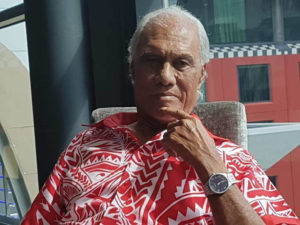
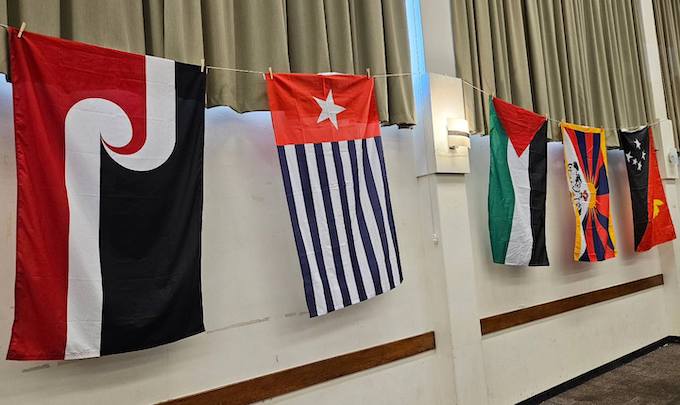
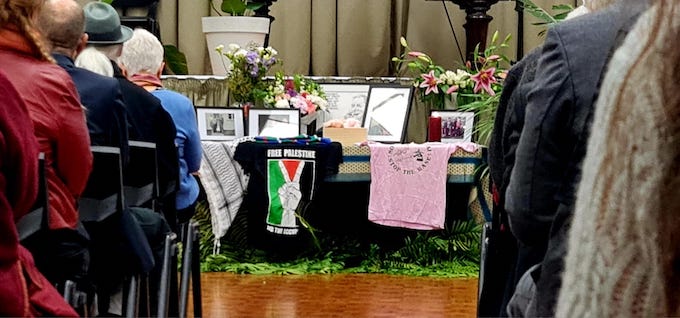
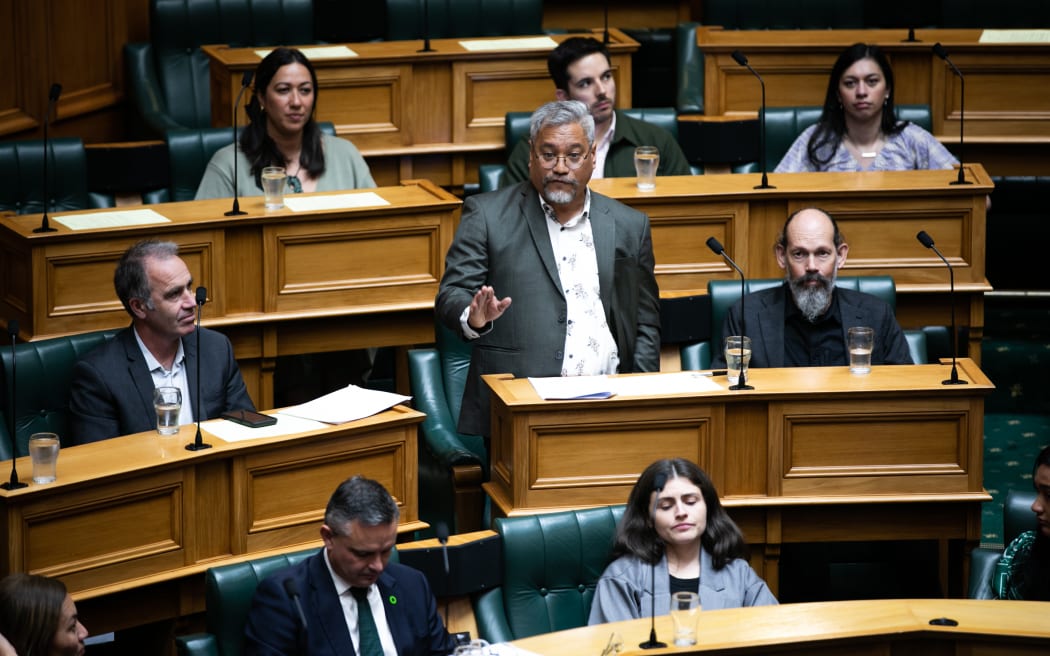
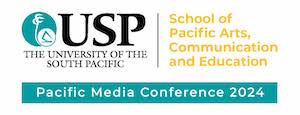
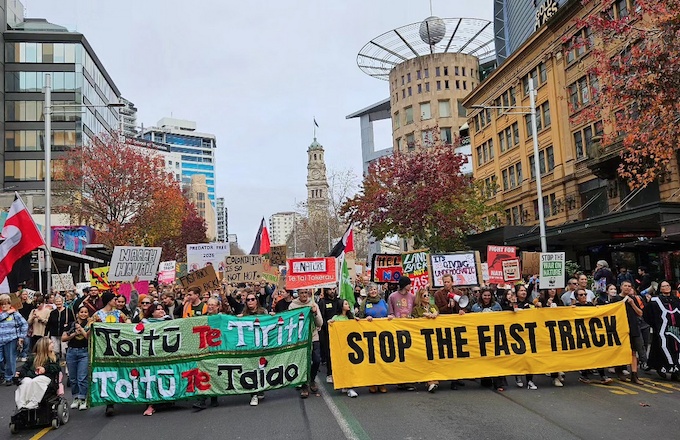
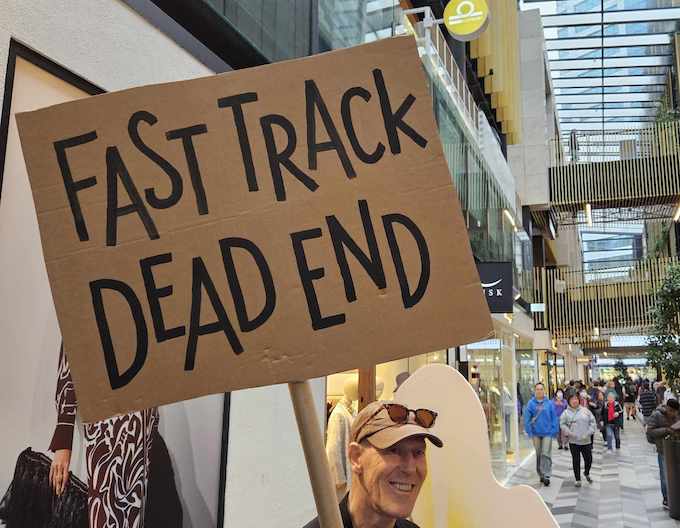
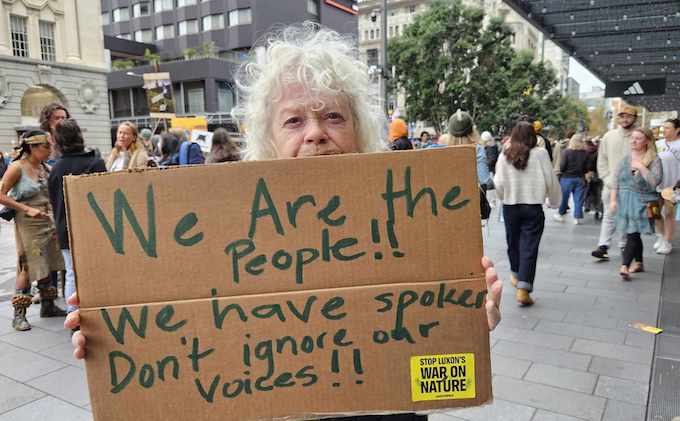
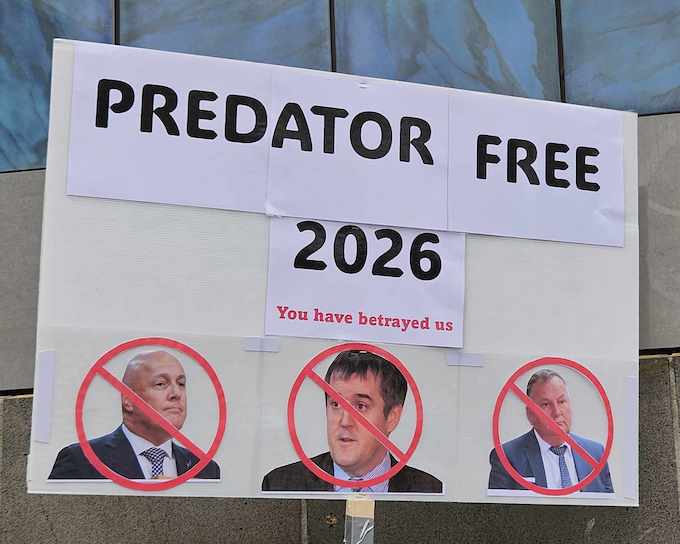
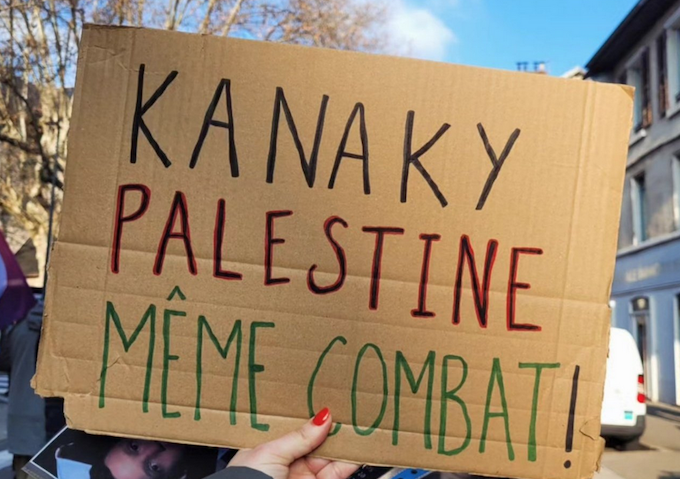
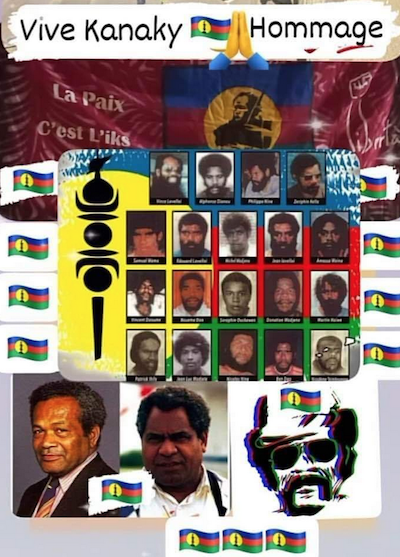
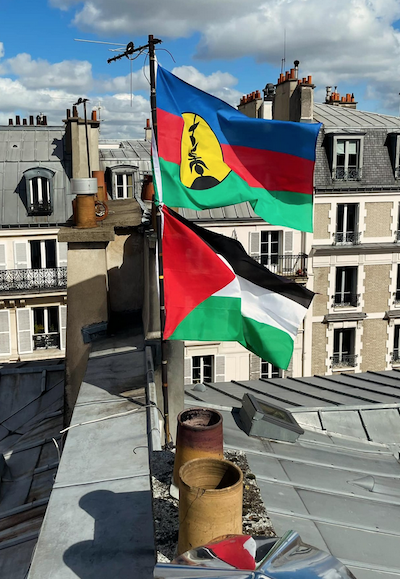
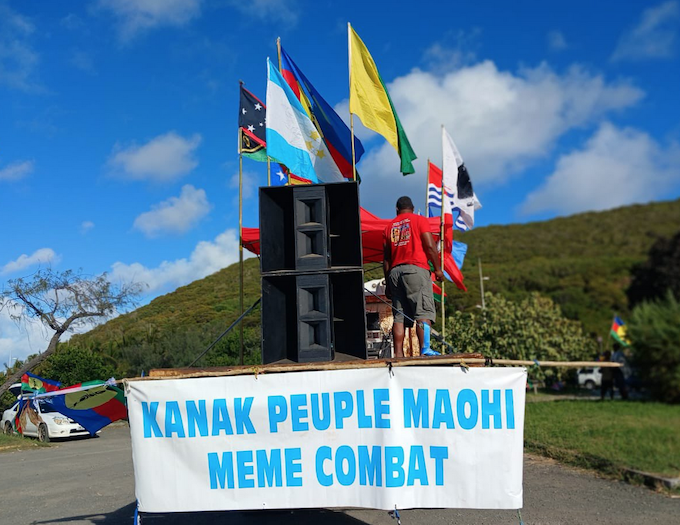







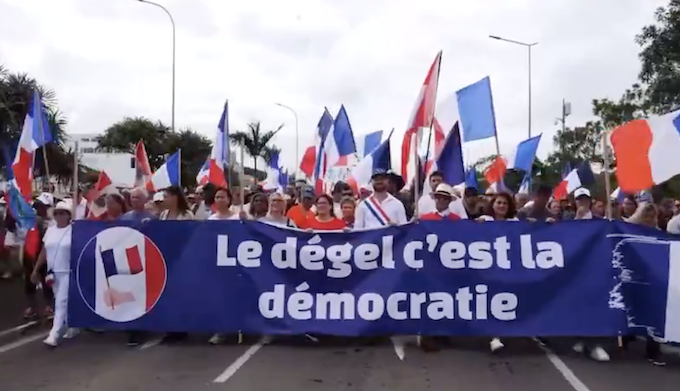
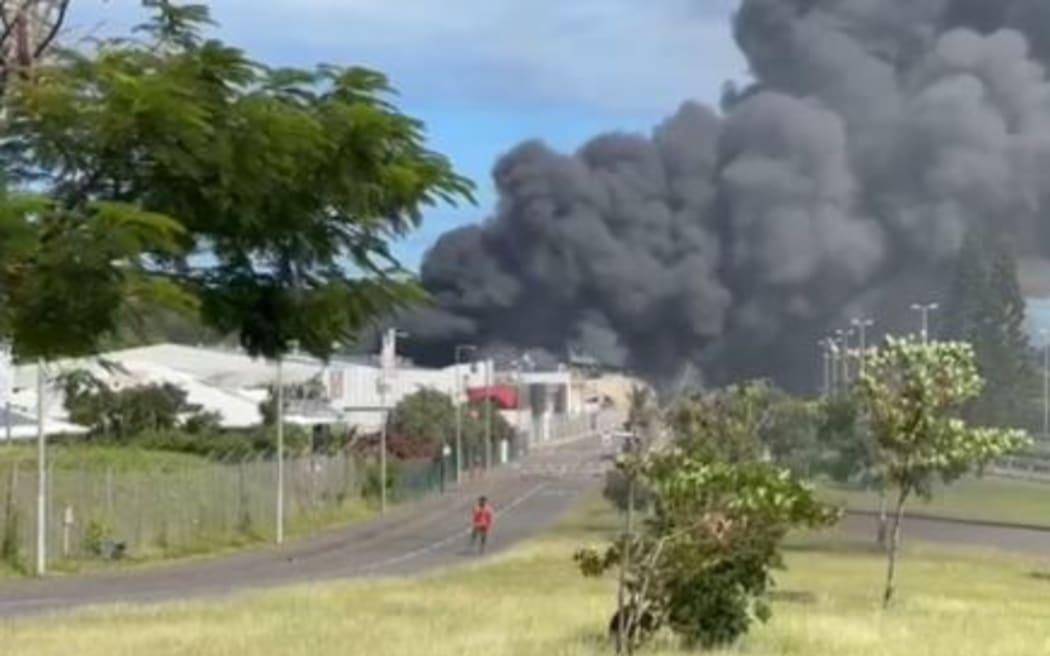
 Nouméa et le grand Nouméa se réveillent après une nuit de saccages et d’affrontements. Suivez la situation en direct
Nouméa et le grand Nouméa se réveillent après une nuit de saccages et d’affrontements. Suivez la situation en direct 